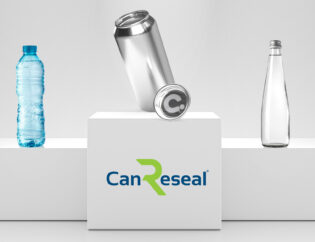
In an era where sustainability is a buzzword and eco-friendliness is a sought-after attribute, it is increasingly important to separate genuine environmental commitment from mere marketing tactics. The term “greenwashing,” is used to describe the deceptive practice of companies projecting a false image or claim of environmental responsibility to attract eco-conscientious consumers. So, what is greenwashing, how do you spot it, and most importantly, how do you make informed choices to support businesses genuinely dedicated to sustainability?
Greenwashing, at its core, is a strategy used by companies to exaggerate or misrepresent their environmental initiatives and credentials. It involves creating a façade of eco-friendliness, often through carefully curated branding, messaging, or product labeling, while the reality may tell a different story. The aim? To capitalize on the growing consumer demand for sustainable products and services without committing to substantial changes.
Companies that engage in greenwashing often share common themes in their marketing strategies. These include exaggerated or vague environmental claims, an emphasis on a single eco-friendly aspect while ignoring overall product sustainability, and the use of misleading imagery or green-themed packaging. To make eco-conscious shopping decisions, consumers should watch out for signs of greenwashing such as excessive use of buzzwords like “natural” or “green” without concrete evidence, lack of third-party certifications, and a focus on one eco-friendly feature rather than a holistic approach to sustainability.
So, how can consumers steer clear of greenwashing and support genuinely sustainable businesses? Start by looking for reputable certifications and third-party endorsements. Dive into a brand’s sustainability reports, if available, to gain insights into their actual initiatives and progress. Conduct independent research and seek reviews from trusted sources to gauge a company’s commitment to the environment. Finally, prioritize brands that demonstrate transparency, both in their practices and their willingness to admit their shortcomings and set concrete goals for improvement.
In conclusion, greenwashing can undermine the efforts of genuinely eco-conscious businesses and mislead consumers. By becoming informed consumers, we can hold companies accountable for their sustainability claims and, in turn, support those who are making meaningful strides toward a greener future.










